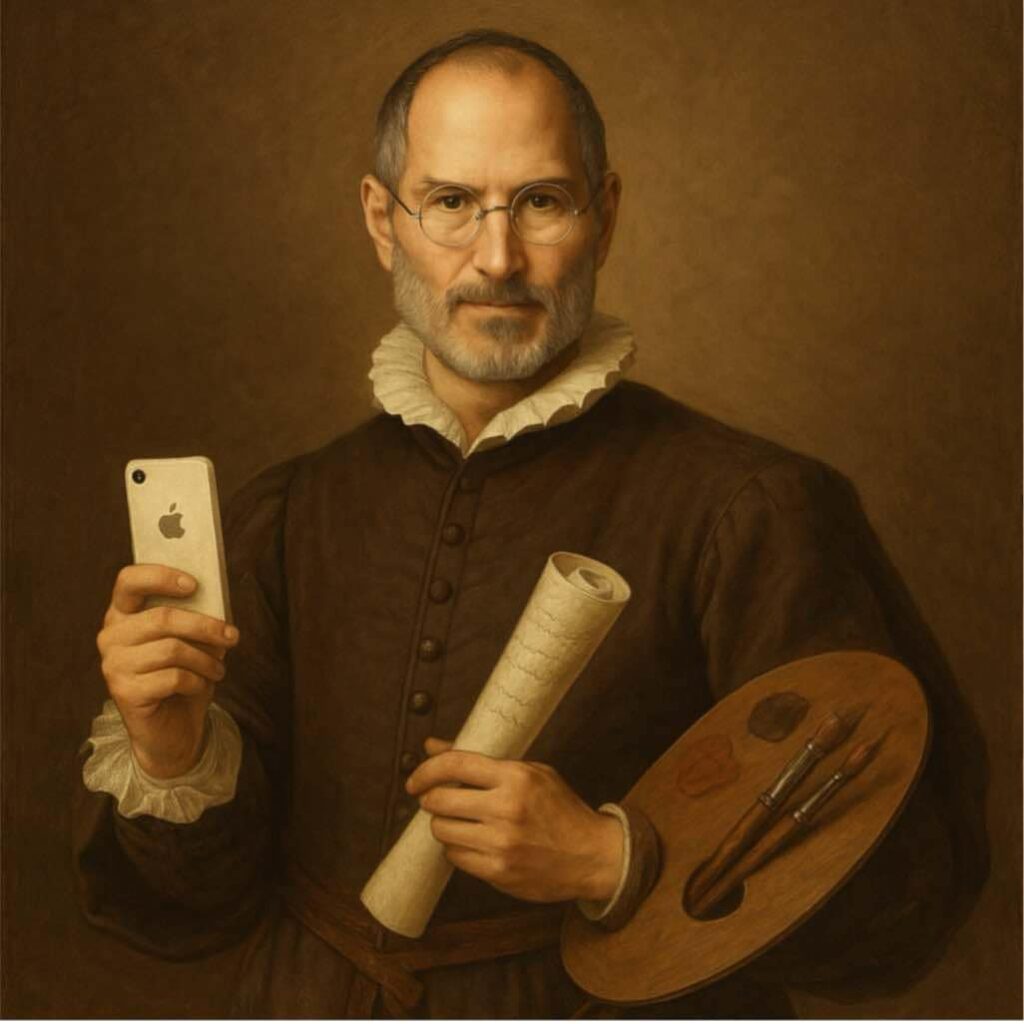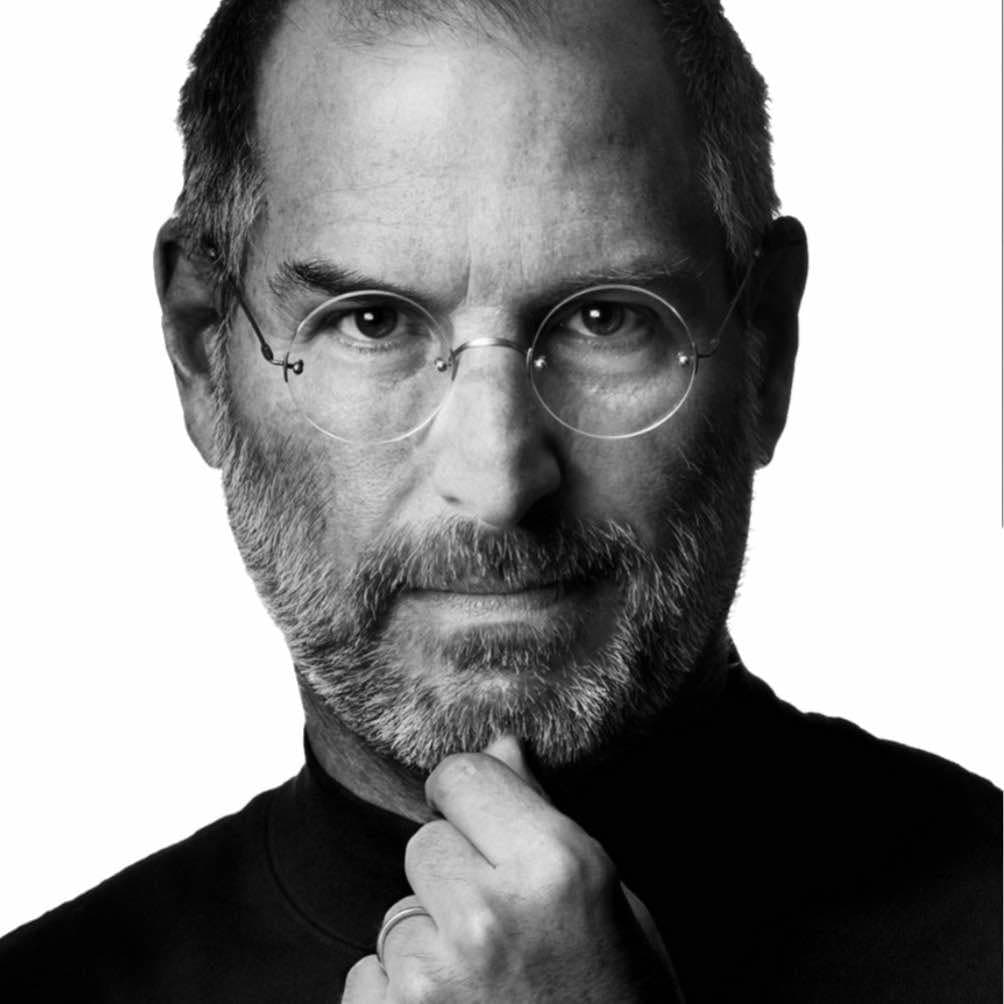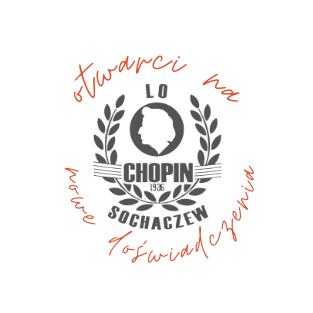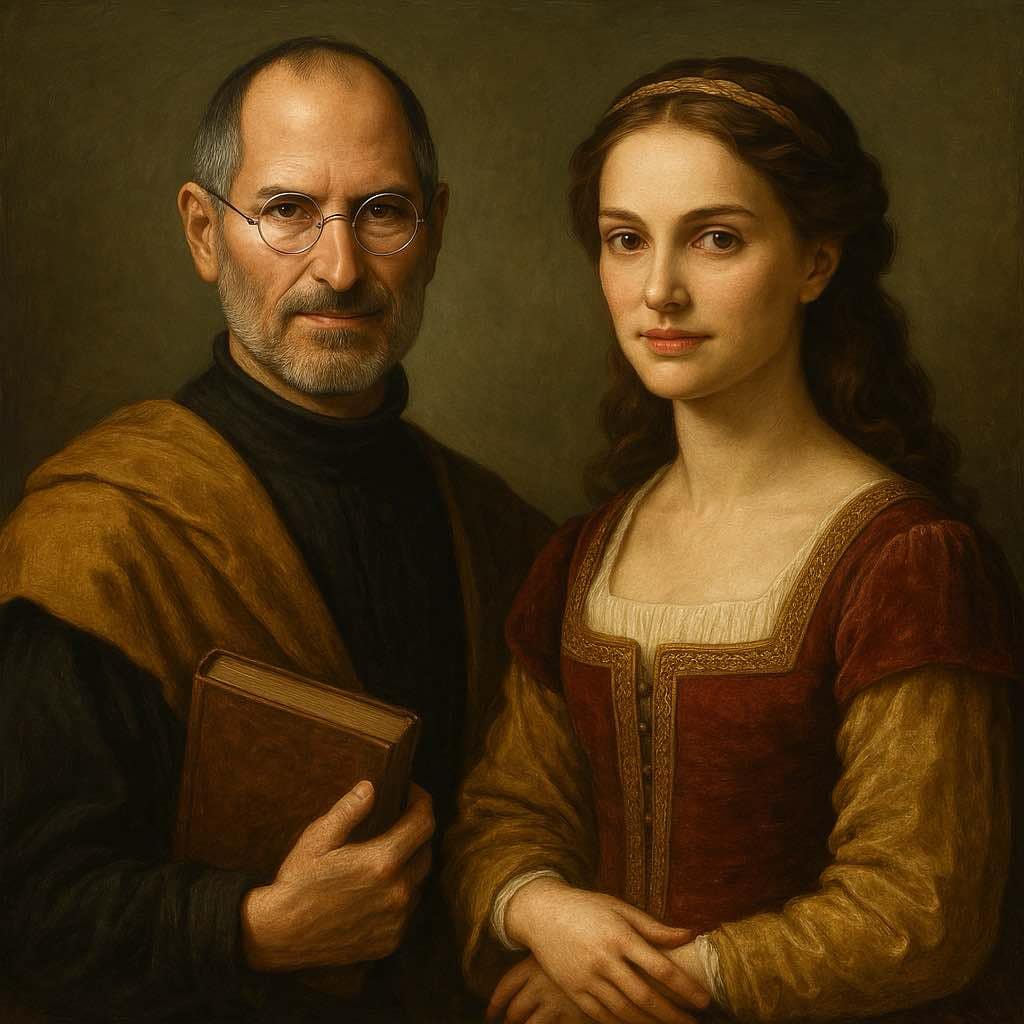When we think of a “Renaissance person”, we often imagine someone from centuries ago – a painter, inventor, philosopher, maybe even a poet. But what if such a person could exist today? In jeans and sneakers, working in tech or film, speaking several languages and changing the world? The contemporary era is a time of rapid change, technology, globalization, and constant development. It’s a period where new opportunities and challenges shape our daily lives.

The truth is: being a Renaissance person in the 21st century is absolutely possible.
It means being curious about the world, developing multiple talents, and combining different areas of knowledge – from science and art to activism and innovation. Here are two great examples of modern Renaissance individuals: one woman and one man.

Natalie Portman – Actress, Scholar, Activist
Natalie Portman – Actress, Scholar, Activist
You may know her from Black Swan or Marvel movies, but Natalie Portman is much more than a Hollywood actress. She holds a degree in psychology from Harvard, has published scientific research, speaks several languages- English, Hebrew, French, German, Spanish, Japanese. Additionally, she has studied Arabic, showing her passion for learning languages. She is an advocate for animal rights and climate action. She also writes, directs, and uses her platform to raise awareness about global issues.
Her life proves that intellect and creativity can go hand in hand.Natalie proves that you don’t have to choose between art and science – you can pursue both and still make a meaningful impact on the world.
“I would rather be smart than a movie star.”
Source: interview for Los Angeles Times, January 24, 2011
“When you’re afraid, it’s a sign you’re doing something important.”
Source: speech at Harvard University, 2015

Steve Jobs – Visionary, Creator, Modern-Day Innovator
Steve Jobs, co-founder of Apple, is a perfect example of a Renaissance mind in modern times. He wasn’t a programmer or an engineer – yet he combined technology, design, psychology, and philosophy to create products that changed everyday life.
He was fascinated by calligraphy, spirituality, and the user experience, and that unique mix of interests helped shape devices like the iPhone, iPod, and Mac. Jobs showed the world that technology isn’t just about function – it’s also about feeling. He didn’t invent everything himself, but he had the rare ability to connect ideas from different fields and turn them into something revolutionary.

“Your time is limited, so don’t waste it living someone else’s life.”
Source: speech at Stanford University, June 12, 2005
“Stay hungry. Stay foolish.”
Source: speech at Stanford University, June 12, 2005
Why Does This Matter?
In today’s world, people often feel pressured to specialize – to focus on one skill, one job, one goal. But figures like Portman and Jobs remind us that being well-rounded is still powerful.
A Renaissance person today is someone who’s not afraid to explore. Someone who combines science with creativity, technology with empathy, and art with action. These individuals inspire others to grow, learn, and think outside the box.
What About You?
You don’t have to be famous to be a modern Renaissance person. Maybe you enjoy writing stories and studying biology. Or maybe you love coding and also play an instrument. That’s exactly the kind of mindset we’re talking about.
Because being a Renaissance person isn’t about knowing everything – it’s about being curious, open-minded, and always ready to learn more.
Stay curious. Stay creative. Stay inspired.
And remember words of Natalie Portman :“If you feel like you’re not good enough, it means you care.” (Source: speech at Harvard University, 2015) and Steve Jobs: “The only way to do great work is to love what you do.” (Source: speech at Stanford University, June 12, 2005)
Stay curious. Stay creative. Stay inspired.
And remember words of Natalie Portman :
“If you feel like you’re not good enough, it means you care.”
(Source: speech at Harvard University, 2015)
and Steve Jobs:
“The only way to do great work is to love what you do.”
(Source: speech at Stanford University, June 12, 2005)

